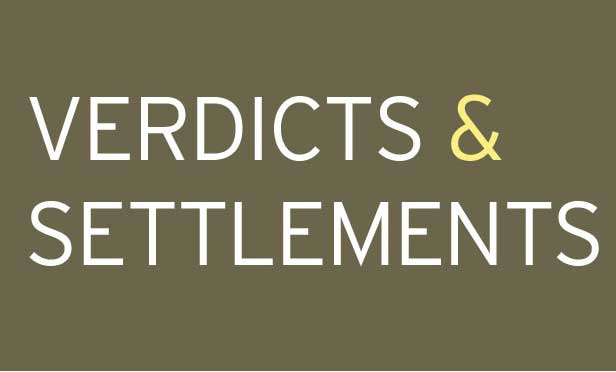Ethical issues in e-discovery arise due to the unique challenges and the complex nature of electronic data. The ethical challenges presented demand careful consideration and require lawyers to remain competent in emerging technology and the implications on e-discovery.
Under the American Bar Association’s Model Rules of Professional Conduct, attorneys must provide competent representation to a client. Model Rule 1.1 provides that competent representation requires the legal knowledge, skill, thoroughness, and preparation reasonably necessary for the representation. In 2012, the ABA amended this rule to highlight that an attorney’s ethical duty of competence includes a reasonable understanding of the benefits and risks associated with relevant technology. Notably, Comment 8 to Model Rule 1.1 emphasizes the need for lawyers to stay abreast of changes in the law and its practice, particularly those pertaining to technology. The comment clarifies that Rule 1.1 should be interpreted to mean that attorneys must maintain technological competence. Although the amendment did not introduce new obligations, it serves as a reminder to lawyers that they should remain aware of emerging technology as part of their ethical responsibility to remain competent.
This content has been archived. It is available through our partners, LexisNexis® and Bloomberg Law.
To view this content, please continue to their sites.
Not a Lexis Subscriber?
Subscribe Now
Not a Bloomberg Law Subscriber?
Subscribe Now
LexisNexis® and Bloomberg Law are third party online distributors of the broad collection of current and archived versions of ALM's legal news publications. LexisNexis® and Bloomberg Law customers are able to access and use ALM's content, including content from the National Law Journal, The American Lawyer, Legaltech News, The New York Law Journal, and Corporate Counsel, as well as other sources of legal information.
For questions call 1-877-256-2472 or contact us at [email protected]


 Kelly Lavelle of Kang Haggerty. Courtesy photo
Kelly Lavelle of Kang Haggerty. Courtesy photo




